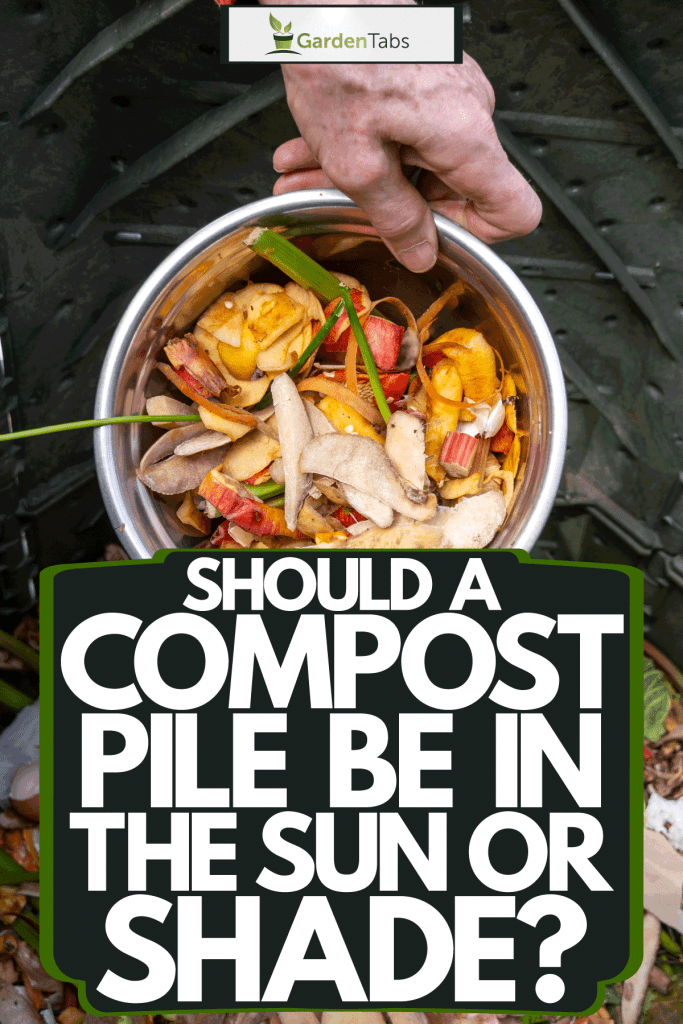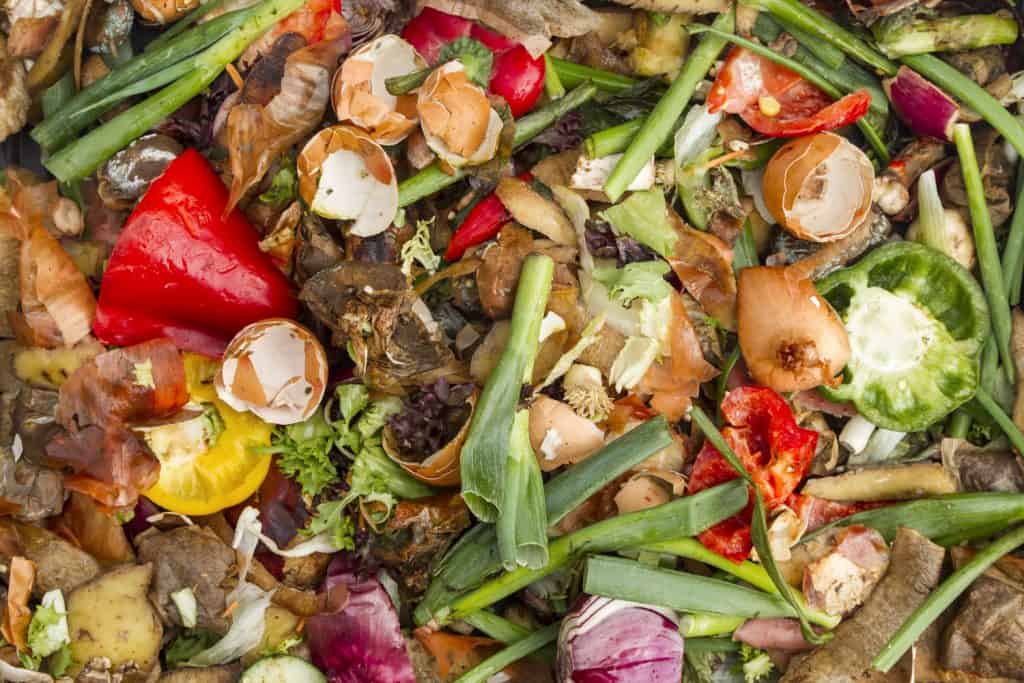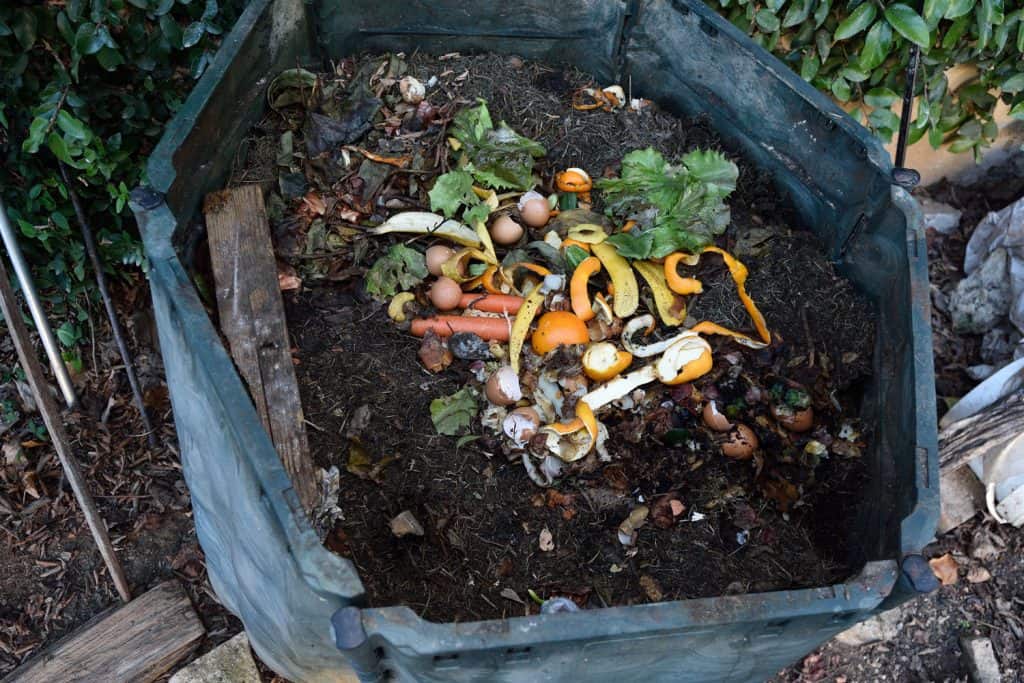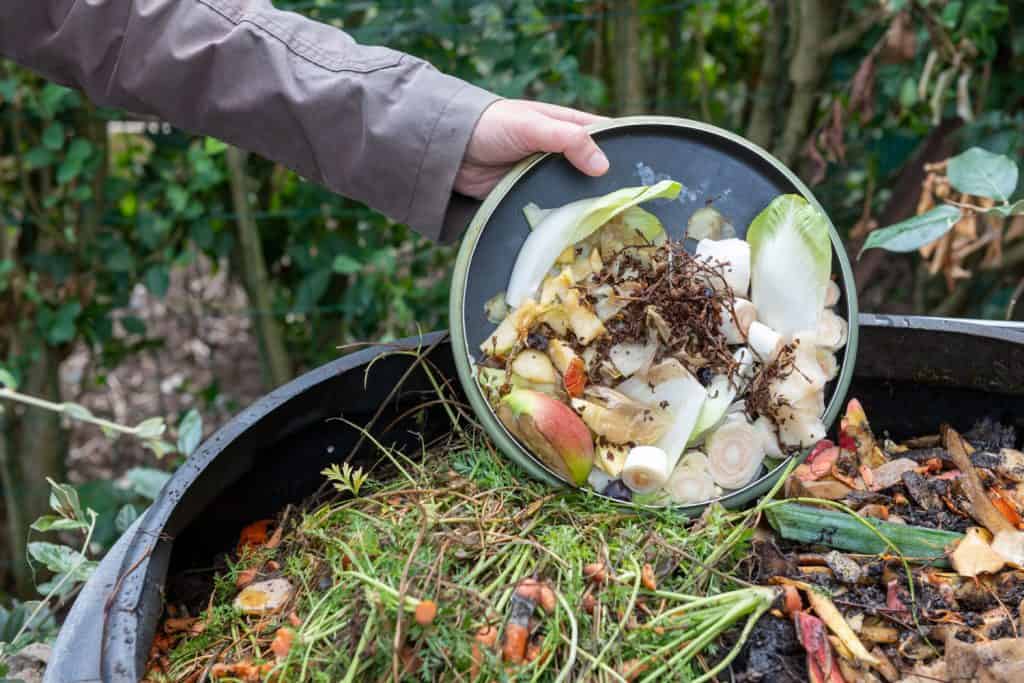Choosing the perfect spot for your compost pile can feel like an intricate puzzle, but don't fret - we're here to help you piece it all together! Are you mulling over a sun-kissed spot or maybe a shaded nook? Rest assured, we've rolled up our sleeves and done the homework to bring you the ideal solution.
Here's the key: Your compost pile thrives best in a dry, sun-drenched location. Sunshine plays a crucial role in maintaining your compost's health by preventing excess moisture from throwing a spanner in the works.
However, if your compost finds a home in a more shaded spot, it's essential to keep it as dry as you can.
We're about to embark on an enriching journey of all things composting and sprinkle in some useful product recommendations along the way.
Whether you're a seasoned composting veteran or a budding enthusiast, ensuring your compost pile has the prime location is pivotal. So, let's plunge headfirst into this engaging, informative post!

Where Is The Best Place To Put A Compost Pile?
When it comes to a good place for a compost pile, we recommend a bright spot in your garden over dry, bare soil. Whether you have a full-sized yard or not, keeping your compost moisture-free and off the ground is always a good idea.
Location-wise, try to keep your compost at least 10 feet away from your home so you won't have to smell it or run into issues with pests.

Should I Keep My Compost In A Bin?
In general, we do think keeping your compost in a bin is the better option. That said, make sure your compost is easily accessible to you but isn't so open pests can get inside.
We recommend an off-ground rotating bin or tall enclosure for your compost, so it can work its magic without attracting unwanted guests.
Miracle-Gro Dual Chamber Compost Tumbler
This dual chamber compost bin is alloy steel, holds 18.5 gallons, has internal mixing bars, and promises to be easy to use.
Follow this link to see it on Amazon.
D.F. OMER Garden Composter Bin
This compost bin is a recycled plastic material, holds 110 gallons, has a built-in aeration system, and comes with a two-year warranty.
Click this link to view it on Amazon.
Do Compost Heaps Need Sun?
Generally, a compost heap does need the sun to stay dry and do its job correctly. Of course, if your compost is in partial shade, that should be fine as long as it gets some sun during the morning or afternoon.
Compost in the full sun tends to break down food and scrap particles faster than shaded piles, which is something to consider.
How Much Sun Should A Compost Pile Get?
Ideally, a compost pile should get at least four to six hours of sun per day. Depending on where you live, this number will fluctuate, but generally, compost needs at least a few hours of full sun exposure.
Compost prefers internal temperatures of 130 to 150 degrees Fahrenheit, so we recommend either placing your bin somewhere sunny or painting its lid black to absorb as much heat as possible.
Can You Compost In A Shady Area?

You can still compost in the shade, although your pile will not decompose as fast as those in the sun. Whether your yard is filled with large trees or just particularly shady, that does not eliminate you from being able to compost.
With that said, your compost won't have the drying sun to rely on, so we suggest throwing in leaves and paper scraps to keep your compost from getting too wet.
What Happens When Compost Gets Too Wet?
Ensuring your compost has good drainage is essential to healthy, productive composting. When compost gets too wet, it becomes anaerobic, which produces a foul odor and ruins the quality of your compost.
To prevent this, we recommend throwing in items like dry leaves, twigs, and paper goods to absorb any access moisture in your pile.
Do Compost Piles Need To Be Covered?
When it comes to covering compost piles, we do not always think this is necessary. Especially for newer compost, covering it can limit airflow and interfere with its natural process.
That said, we do think you should cover finished compost, so it doesn't lose its nutrients. Regardless, if the weather calls for rain, grab a tarp or close the lid on your compost pile.
B-Air Grizzly Heavy Duty Poly Tarp Cover
This heavy-duty outdoor tarp is water-proof polyethylene material, has built-in grommets, and comes in various sizes.
See this outdoor tarp on Amazon here.
How Often Should You Turn Compost?
Timeline-wise, you should turn your compost at least once a month or every four to five weeks. In general, it is best to mix your compost every few weeks to keep it healthy, but you shouldn't need to turn it more than once per month.
Overturning your pile disrupts the fungi and bacterias within a compost and can slow down the composting process.
What Can I Add To My Compost?

For anyone new to composting, vegetables, fruit, tea bags, plant prunings, and grass cuttings are all good things to add to your pile.
Like mentioned, adding paper goods and dry leaves are also beneficial to compost, so your options are endless.
With that said, we do not recommend throwing in perishable foods like dairy or meats because they can cause rodent and odor issues in your compost.
What Will Make Compost Break Down Faster?
Regular turning and adding nitrogen-rich materials to your compost will help it to break down faster. Typically, compost takes anywhere from a month to 12 months to break down, so speeding things up isn't a bad idea.
A few rich in nitrogen items include kitchen scraps, fresh garden prunings, alfalfa hay, and seaweed.
Another idea to kickstart a compost pile is to add an organic activator into your mix to speed up the breakdown process.
What Are The Benefits Of Composting?
When it comes to the benefits of composting, there are many. To start, composting is a great way to reduce kitchen and food waste, which ultimately reduces landfill waste.
Another benefit of composting is that it adds tons of nutrients to your soil and is great for gardening. Overall, composting is an eco-friendly way to reuse everyday scraps and can even make you money if you decide to sell your mix.
Are There Disadvantages To Composting?
Although composting can be extremely beneficial, there are a few disadvantages. One of the main drawbacks of composting is the start-up cost, like needing a bin or the materials to build one.
Another disadvantage to composting is the lengthy treatment period that can take years to complete. Of course, if these things don't bother you and a new side project sounds exciting, we think composting is a great idea to try.
To Wrap Things Up
Whether you need a new spot for your compost pile or plan to start one, finding the right location can be tricky. From what we found, compost does best in dry, sunny conditions and will break down faster than those in the shade. When storing your compost, keep it in an enclosed container and cover it once it is finished.
Try adding a natural starter to your pile to get the ball rolling for anyone wanting to speed up the composting process. Regardless of where your compost is located, make sure to turn it monthly, and don't be afraid to throw in some paper goods if it gets too wet.
Still with us? Head on over to these helpful gardening posts below!
How To Compost In Florida [A Complete Guide]



